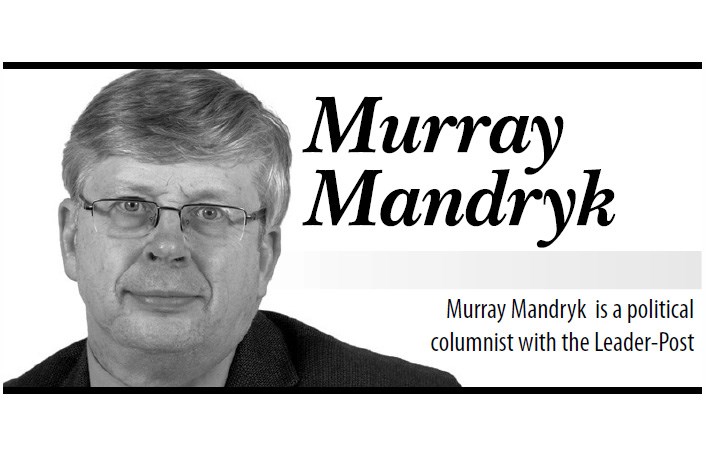WhatŌĆÖs lost on many ŌĆō especially many federal New Democrats ŌĆō is how long they have been out of the picture in Saskatchewan.
Of course, that could change on October 19. New Democratic insiders believe they have a good chance in Regina Lewvan where Erin Weir is running and say they are competitive in all three Saskatoon seats with the expectations of winning at least one of them.
They are hopeful of winning Conservative Rob ClarkeŌĆÖs northern seat, although that seems to a threeway race.
A single win would break a 15-year shutout in the province where the CCF/NDP were born and ruled so long under Tommy Douglas, Woodrow Lloyd, Allan Blakeney, Roy Romanow and Lorne Calvert.
But in reality, the federal New Democrats have long been in a lot worse shape in Saskatchewan than their provincial counterparts that lost power in 2007. In fact, one pretty much has to go back 22 years to ’¼ü nd the last time an NDP MP was elected in a Saskatchewan seat not dominated by urban or northern voters. (Vic Althouse won MacKenzie in 1993). That is an entire generation of voters who have rejected federal NDP candidates ŌĆō even as they still were electing provincial NDP governments.
The reason for this is not a coincidence. NDP policies have not fit rural Saskatchewan for decades now.
Saskatchewan agriculture was still the provinceŌĆÖs most predominate industry back in 1993 ŌĆō one still dominated by smaller operations, local grain elevators, the Saskatchewan Wheat Pool and the Canadian Wheat Board as a single-desk seller. But even back then, rural voters were already rejecting the NDP vision that largely supported all of the above. By the end of the decade, such icons of old rural Saskatchewan life would be gone and the NDP would be left behind.
Fast forward to today and the conversion has been so complete that farming may no longer be the dominate political issue in many rural ridings. Many rural seats are dominated by a few larger communities or smaller cities like Weyburn, Estevan, Swift Current, Kindersley or Moosomin. It is oil that has become the major economic activity in these communities ... and often the source of political discussion as well.
So it was with more than passing interest that rural Saskatchewan listened to the NDPŌĆÖs star Toronto Centre candidate Linda McQuaig say:
ŌĆ£A lot of the oilsands oil may have to stay in the groundŌĆØ if Canada is to meet its greenhouse gas emission/climate change targets.
McQuaig went on to say: ŌĆ£We (and NDP government) will know that better once we properly put in place a climate change accountability system of some kind ŌĆ” once we have a proper review process for our environmental projects like pipelines.ŌĆØ
Admittedly, there are no oilsands in southern Saskatchewan. In fact, there are even times when the conventional oil industry is often at odds with the farming community when it comes to things like lease holder rights.
Nor does this automatically mean, as Prime Minister Stephen Harper and the Conservatives are suggesting, that the NDP has a ŌĆ£not-so hidden agendaŌĆØ to shut down the oilsands and put 100,000 Albertans out of work. One wonders if even Albertans ŌĆō who recently voted in an NDP government under Rachel Notley ŌĆō believe that.
But Harper and his Conservatives are having a heyday with McQuaigŌĆÖs comments.
As for rural voters, they would seem very legitimate to ask the NDP what a ŌĆ£proper review process for our environmental projects like pipelinesŌĆØ under an NDP government really means. Might it mean a federal NDP government taxing oil in way that hurts drilling in places like the Bakken Play?
Sure the NDP gained huge ground under Jack Layton to become official Opposition and seem now poised to add to their seat total this election.
But there are a lot of reasons why those gains wonŌĆÖt likely come in rural Saskatchewan seats.




